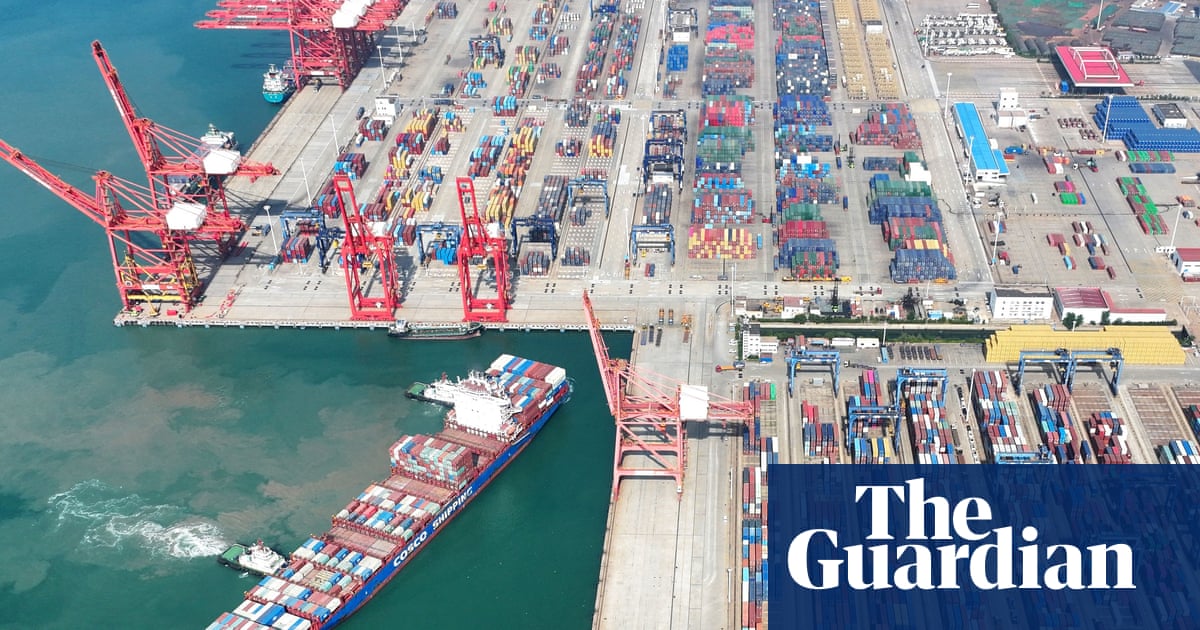The article outlines the recent meeting of finance ministers and central bank governors from the G7 nations, highlighting a collective decision to address perceived economic imbalances attributed largely to China's trade practices. This gathering, set against the backdrop of ongoing global tensions, particularly with Russia, indicates a shift in focus towards economic strategies rather than purely military or political alliances.
Intent Behind the Publication
The intent seems to be to project a united front among the G7 countries, emphasizing their commitment to countering economic practices that could be detrimental to global trade. By highlighting the need to address "nonmarket policies," the article aims to raise awareness of China's trade policies without directly naming the country, potentially aiming to garner public support against perceived unfair practices.
Public Perception
The framing of this news could lead the public to view the G7 as proactive and cooperative in facing global economic challenges, particularly those posed by China. It seeks to establish a narrative of solidarity among the world's wealthiest democracies, which may resonate positively with citizens who value national economic stability and fairness in trade.
Potential Omissions
While the article focuses on the economic strategies of the G7, it omits deeper discussions about the implications of these strategies, such as potential retaliatory measures from China or the impact on global supply chains. This absence may suggest an effort to simplify the narrative, potentially masking the complexities of international trade dynamics.
Manipulative Aspects
The language used in the article is somewhat strategic, aiming to highlight a collective stance against China while minimizing the mention of individual countries’ disputes or differences. The careful choice of words, such as "nonmarket policies," can serve to create a consensus-driven image while downplaying dissent within the group.
Reliability of Information
The article appears to be based on official statements and communiques from the G7 meeting, lending it credibility. However, the selective emphasis on certain aspects, such as the toned-down references to Russia and the lack of direct mention of China, suggests that the narrative may be tailored to fit a specific agenda.
Societal and Economic Impact
The implications of this agreement could have ripple effects on international markets, particularly if it leads to new sanctions or trade barriers. Investors may respond to such news by adjusting their portfolios, particularly in sectors that are heavily reliant on trade with China.
Support Base
This news is likely to resonate more with communities that prioritize national economic interests and those apprehensive about China's growing influence in global markets. It may appeal to conservative and nationalist groups that view economic practices as a matter of national security.
Market Influences
On a financial level, this news could impact stock markets, especially among companies that have significant exposure to international trade with China. Industries such as technology, manufacturing, and agriculture could see fluctuations based on investor sentiment following this announcement.
Global Power Dynamics
The article illustrates the shifting dynamics of global power, as economic strategies take precedence over military ones in the G7's approach to dealing with China and Russia. This aligns with broader trends of economic nationalism and could reshape international relations in the coming years.
There’s a possibility that AI tools were utilized in drafting this article, particularly in structuring the information and ensuring clarity in the communication of complex topics. However, without specific indicators, it's difficult to ascertain the direct influence of AI on the narrative.
In conclusion, the article serves to solidify the G7's position against perceived economic injustices while fostering a sense of unity among its members. The selective emphasis on certain issues over others suggests an intention to shape public perception in a specific direction, potentially masking the nuances of international trade relationships.
